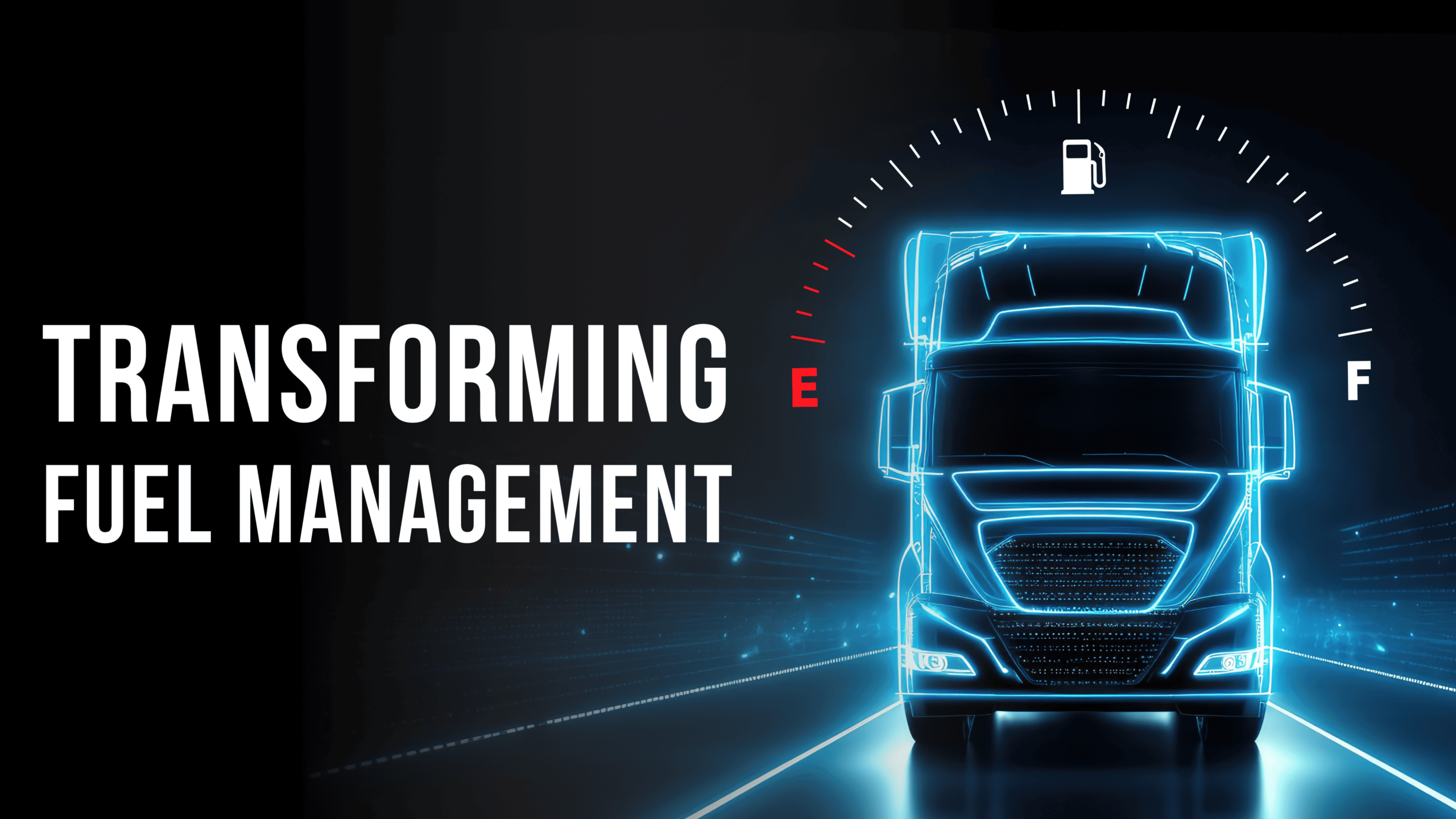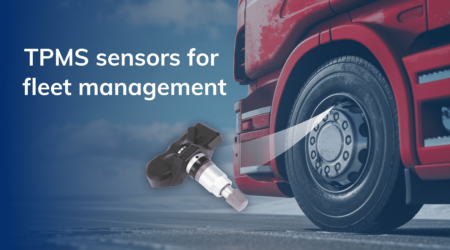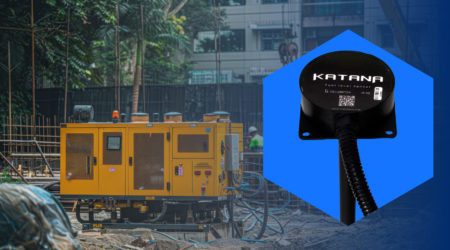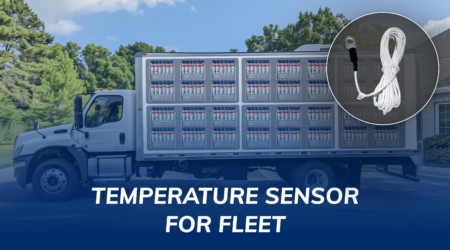How Digital Fuel Level Sensors Transform Fuel Management

The Power of Digital Accuracy
Digital fuel level sensors provide a significant upgrade over traditional systems. They offer precise measurements by using advanced digital technology, ensuring real-time data on fuel levels. Imagine a scenario where fleet managers can monitor fuel usage with pinpoint accuracy, avoiding the pitfalls of estimation and ensuring that every drop of fuel is accounted for.
This level of precision is especially crucial for businesses that rely heavily on transportation and logistics. With digital sensors, fleet managers can easily track fuel consumption, identify patterns, and make informed decisions to optimize fuel use. For instance, noticing a sudden drop in fuel levels can prompt an investigation, potentially uncovering issues like fuel leaks or unauthorized usage.
Enhancing Operational Efficiency
Digital fuel level sensors have built-in features for continuous data collection. Even if there are connectivity issues, these sensors store the data in their internal memory, ensuring no information is lost. This continuous data collection allows businesses to optimize routes and reduce unnecessary fuel consumption. Additionally, the sensors can detect irregular fuel usage, which may indicate potential vehicle issues. Early detection enables prompt maintenance, saving time and money, and ensuring the fleet operates smoothly.
 Building Trust Through Transparency
Building Trust Through Transparency
For businesses, maintaining transparency with clients and stakeholders is necessary. Digital fuel level sensors help in this regard by providing detailed and reliable reports on fuel usage. This transparency not only helps in building trust but also allows for better planning and forecasting.
For example, in sectors where delivery schedules are crucial, knowing the exact fuel levels helps in planning and ensuring timely deliveries. Accurate data helps in managing resources effectively, leading to increased customer satisfaction and trust in the service provided.
The Future of Fuel Management
The adoption of digital fuel level sensors marks a significant step towards the digital transformation of fleet management. You can integrate these sensors with systems like GPS tracking and maintenance management, giving you a complete picture of fleet operations. This integration enables better decision-making and streamlines various processes, ultimately leading to cost savings and improved performance.
In summary, digital fuel level sensors offer a range of benefits that can transform fuel management for businesses. From providing accurate measurements and enhancing operational efficiency to building trust through transparency, these sensors are an invaluable tool for any fleet management operation. As businesses continue to embrace digital technologies, the role of digital fuel level sensors will only become more critical in ensuring efficient and sustainable operations.




